
Against a backdrop of election fever, civil society organisations gathered in London this December for a dynamic and open discussion on the laws and regulations governing campaigning in the UK hosted by TrustLaw, the Thomson Reuters Foundation’s global pro bono service.
During the event, TrustLaw Director Glen Tarman launched a series of campaigning guides co-written by Bates Wells and Campaign Bootcamp, which aim to give campaigners guidance on the laws which apply to their day-to-day activities.
“This guide is part of our efforts to support a resilient and informed campaigning community. Closing space for civil society means that campaigners are under increasing pressure to run campaigns that are not only politically effective but are also run in compliance with the law. Campaigners do not always have the time or expertise to analyse a complex and evolving legal landscape and, as a result, may unwittingly break the law, restrict their activities unnecessarily or be discouraged from campaigning at all, especially during elections. Elections are real windows of opportunity for making progress, so we want to help campaigners be confident in inspiring action to win positive change for their cause,” said Glen.
A practical discussion followed on how to navigate complexities and controversies related to lobbying, led by Simon Steeden, Partner at Bates Wells, and Kirsten Sjovoll, Barrister at Matrix Chambers.
“Bates Wells are delighted to have been able to work with the Thomson Reuters Foundation and Campaign Bootcamp to produce this series of campaigning law guides. Campaigning by civil society organisations and private individuals is at the heart of our democracy but in many areas the law is complex and outdated. We hope that these guides will help charities, issue-based campaigners and others feel empowered to make their voices heard,” said Simon.
During the event, participants spoke of their caution when campaigning due to a lack of understanding of the legislation and for fear of repercussions. The campaigning guides aim to address these concerns and ensure that those wishing to campaign feel confident that their approach is in line with the relevant law.
Barbara Cleary, Vice-chair of SecurityWomen and Ambassador of NAWO, said of the event: “[It was a] helpful workshop. I came away with a much deeper understanding of the Charity Commission Regulations and the Lobbying Act and how to navigate these and campaign and lobby effectively and manage the risks. The pro bono support I have received from TrustLaw for different charitable organisations has been invaluable”.
More News
View All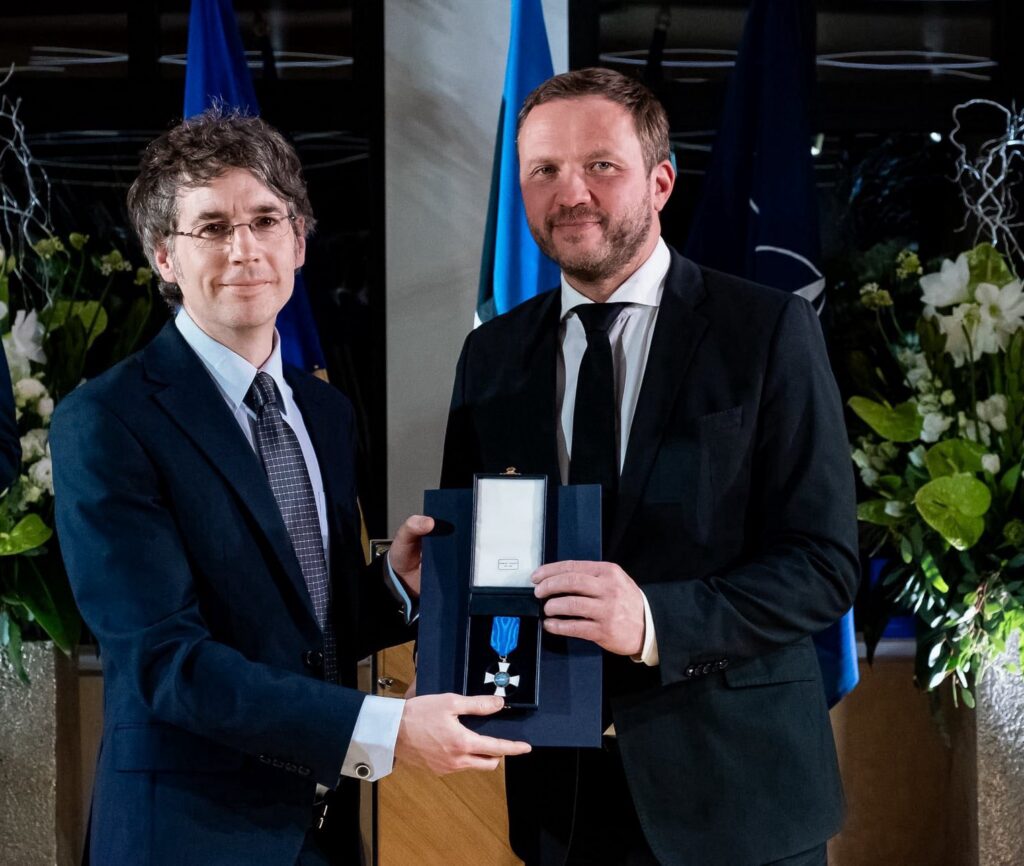
How the MFC Secretariat supports the Media Freedom Coalition to protect independent media at home and abroad
The MFC Secretariat, hosted by the Foundation, was awarded the Cross of Merit from the…
Read More
Statement on the Closure of the Context News Brand
A statement on the Closure of the Context News Brand from…
Read MoreSupporting media and CSOs to curb illicit financial flows across sub-Saharan Africa
We…
Read More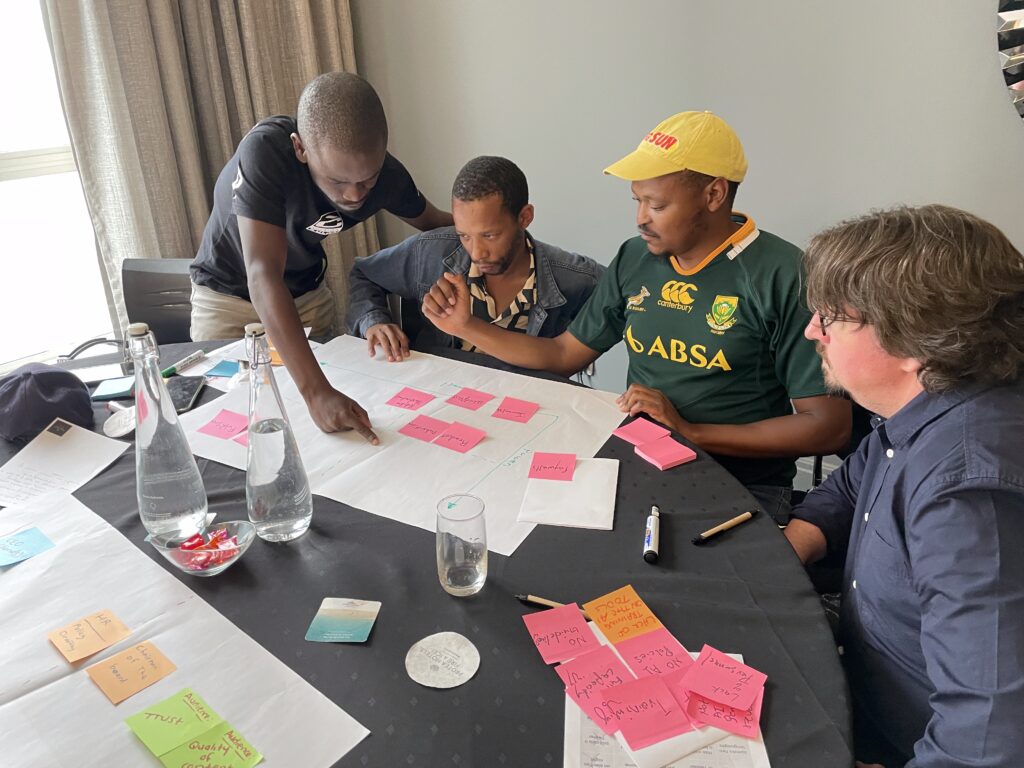
Our impact in 2025: Building resilience in a turbulent year
Our CEO Antonio Zappulla reflects on 2025:…
Read More
Uncovering illicit financial flows: Training that transformed one journalist’s approach to reporting
Find out how training from the Thomson Reuters Foundation transformed Fidelis…
Read More
Legal needs are rising for NGOs amid attacks on civil society and funding cuts, our latest report finds
Our new report finds that legal needs amongst NGOs have risen significantly over the last…
Read More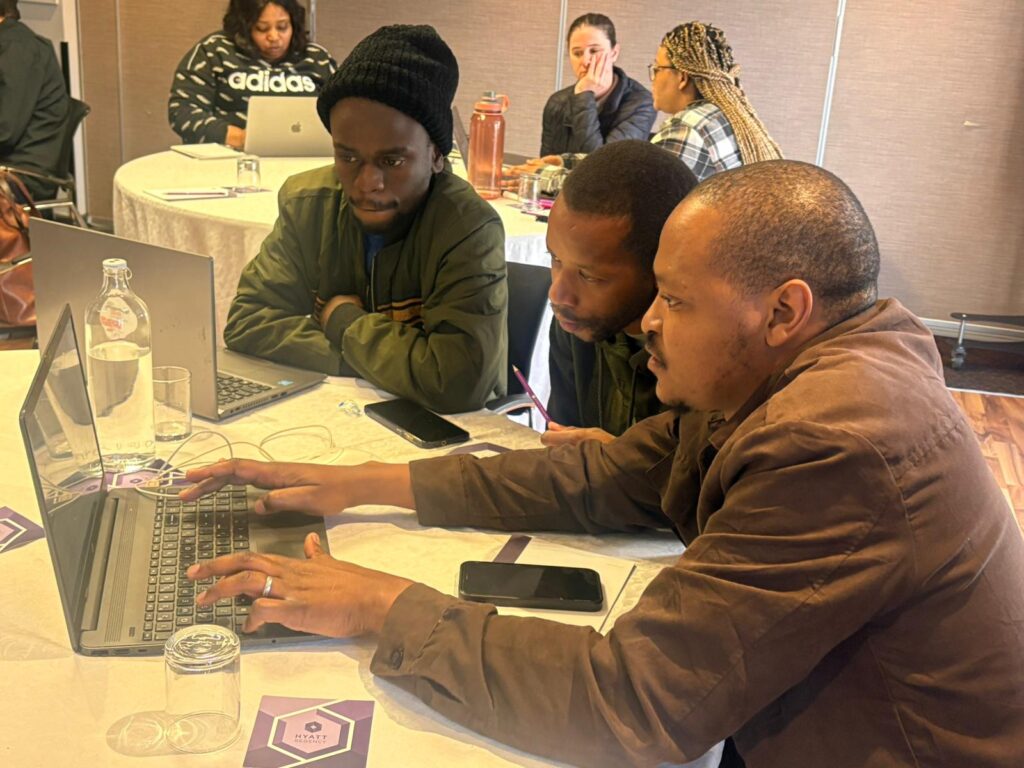
How South African newsrooms are benefiting from strategic and ethical AI adoption
We have…
Read More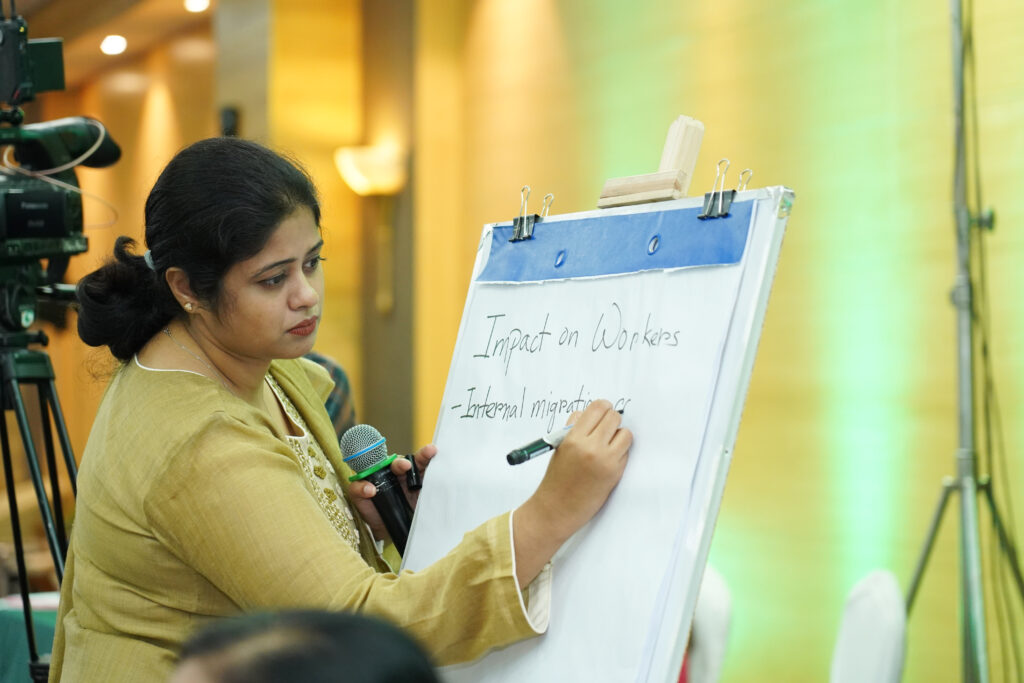
World’s largest dataset shows transparency gaps in AI adoption
The Thomson Reuters Foundation…
Read More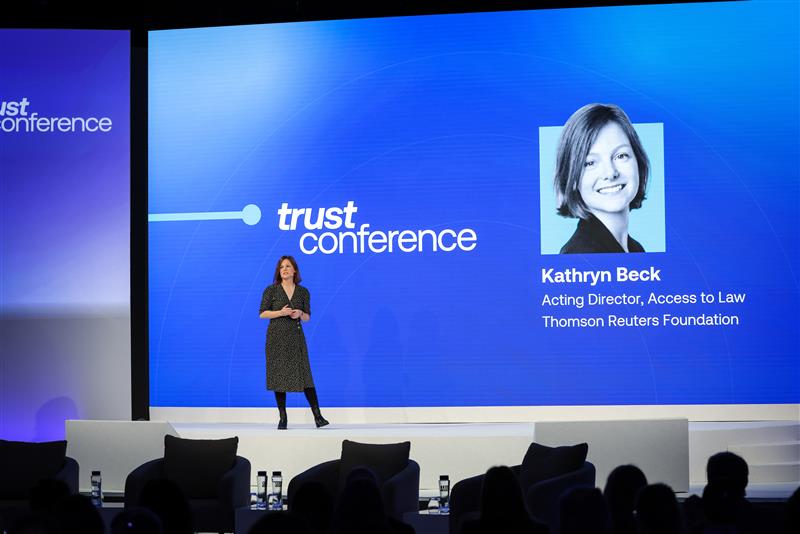
The authoritarian playbook in action: Insights from Trust Conference 2025
Learn our Acting…
Read More
Antonio Zappulla: Technology is redefining power, information and influence. What is at stake?
View our CEO Antonio Zappulla’s opening remarks for Day Two of Trust Conference…
Read More

